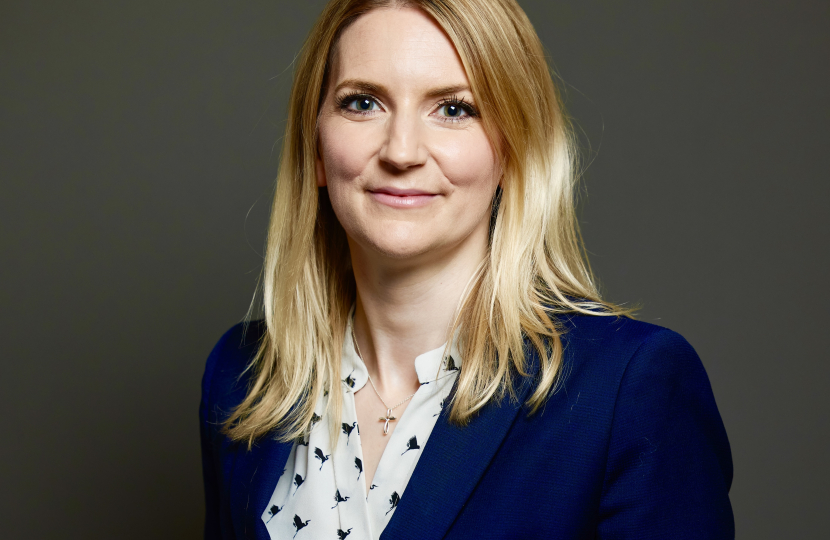
Shadow Culture Secretary, Julia Lopez, comments on the pay rise and news of the arrest of BBC presenter, Huw Edwards.
The Huw Edwards story is grim, the timing highly damaging to the BBC.
In the same week we heard the star presenter had received a £40 000 pay rise despite being off-air for paying a young drug addict for explicit pictures, it was revealed he had then been arrested for possessing child pornography.
Immediately I saw the two stories, I checked the timelines - had BBC leaders known about the arrest while Edwards collected his inflated wage? What was truly behind his eventual resignation in April beyond ‘medical advice’?
Director General, Tim Davie, has since provided some public answers. But questions remain about precisely what the Corporation knew and when; whether salary and pension can be clawed back; and why, once again, the BBC is seemingly unable as an employer to impose consequences for wrongdoing by its major stars.
There are questions too about whether Edwards’ poor mental health became a convenient umbrella under which a rain of further scrutiny could be ducked. The plea for empathy certainly rings hollow given Edwards’ own disregard for the vulnerability of others.
In this story, however, the BBC has a problem bigger than it might want to admit: trust.
Like many institutions in recent years - including my own Conservative Party - scandals have undermined public faith in the legitimacy of the BBC’s place in British society. Until now, it has relied on a unique social compact - viewers pay a mandatory licence fee in return for trusted programmes of social, cultural and educational value to our nation.
The BBC still relies on that fee for two-thirds of its income. Yet each year, fewer and fewer households pay it. Seen as increasingly anachronistic, the licence fee’s case is being further eroded by a lack of trust that the BBC is truly impartial and trustworthy. Frustration over no-strings mega salaries for its top cadre - many of whose foibles seem to be indulged not challenged - and a perception that wagons are circled when things go wrong only worsens perceptions.
This should worry BBC leadership at the best of times. But we are now in the lead up to Charter Renewal - a ten year deal between government and BBC where the future of the licence fee will be set.
Before I left government as Media Minister, we were in the middle of a big review of the BBC’s funding model in preparation for Charter Renewal, which will be a huge moment for UK broadcasters, audiences and creators given how rapidly the world is changing around us. Yet Labour Ministers have so far tried to dampen down any idea that the BBC must change too.
The irony is that an urgent new demand is emerging for an institution like the BBC in the coming decades. We now live in an age in which information and facts are being blurred with increasing sophistication and intent. The likes of China and Russia are investing heavily in their own broadcasters - and expanding their global operations - as information wars complement physical ones. AI and social media giants are evading broadcasting rules that have traditionally prized the truth. And a sense of our having a shared endeavour as a nation is undermined as audiences get served a narrow diet of content that caters to an individual’s own worldview or offers junk to our children. The BBC could be one of the few tools we have to counter these forces if it makes truth its currency and the core to its legitimacy.
Since the Second World War, we have understood our country and its values in part through the strength of its great institutions. The BBC has been one of them. But it is not enough simply to will the broadcaster to have a future and expect that to be the case. As the world shifts around us, every institution must go through a process of renewal that provides clarity of purpose and a sense of mission for the coming decades. In that context, how the BBC handles scandals like the Huw Edwards one will become a test by which the public will judge whether it is up to the challenge.
